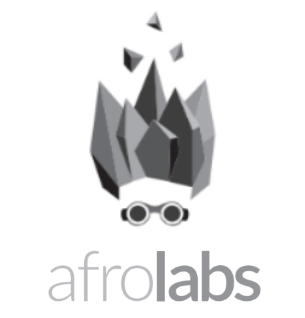Binjamin Barsch
Binjamin (pronounced Binyamin) is the Lead Software Engineer at the Centre for High Performance Computing (CHPC),
a research centre that forms part of the CSIR. He holds a BEng in Mechatronic Engineering from Stellenbosch University
and a MEng degree in Radar Digital Signal Processing from UCT. He has worked for leading tech companies focusing
in the fields of electronic engineering, data science, and software engineering. His current role at the CHPC involves
leading software engineering architecture, and the design and development of high performance computing (HPC)
support software. He also leads the annual Coding Summer School which focuses on training researchers in
fundamental programming skills to assist with their research.
He has two main research interests. The first is digital signal processing for Internet of Things (IoT) applications and
the second is natural language processing for African Languages - https://www.masakhane.io/
LinkedIn Profile:
https://www.linkedin.com/in/binjamin-barsch-43036216a/
Public Teaching Content:
https://youtube.com/playlist?list=PLE9Qrf4CJnRGKcxjua2Vu_iiW4dNRFlzY
Accepted Talks:
Reaching New Heights in Python Education: Success of the 2023 Coding Summer School
The 13th annual Coding Summer School (CSS) is an event aimed at teaching postgraduates the fundamentals of Python programming, data science, and computational science. It runs for two weeks in February of each year with classes and tutorials running from 9:00 to 16:00 each weekday. It is a collaborative effort between the CSIR's Centre for High Performance Computing (CHPC) and the National Institute for Theoretical & Computational Sciences (NITheCS).
This year, the CSS brought together nearly 800 postgraduate students and professionals from different fields of science, technology, engineering, and mathematics (STEM) from across South Africa. The event marked several significant milestones, including bringing together participants from 29 different research institutes in South Africa for the first time. It was the first time that a coding training event of this scale was conducted in a hybrid format in South Africa, allowing participants to engage with their peers and course presenters in-person while also joining virtually. Week 1 focused on the fundamentals of Python, Pandas and Bash. Week 2 focused advanced Python applications, covering the foundations linear algebra, probability theory, ODEs, and machine learning.
In this talk, I will discuss the significant milestones that were reached in Python education in South Africa focusing on LMS technology, end-to-end course design, engagement, automation of marking and certification. I will also discuss the lessons learnt and how we can reach more students and cross the language barriers in South Africa. It was the first time the CSS participants had the option to learn material in isiXhosa. This talk should be of benefit to any attendee involved in teaching and education.
Reference: https://events.chpc.ac.za/event/115/



